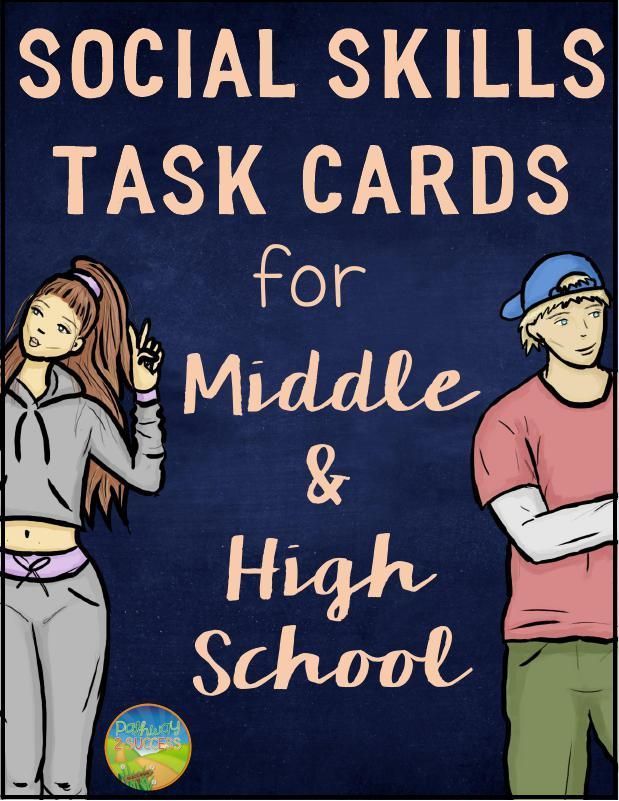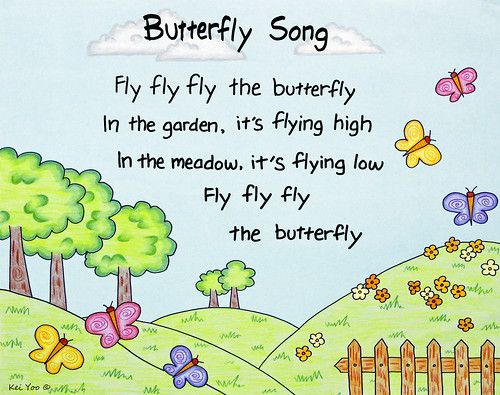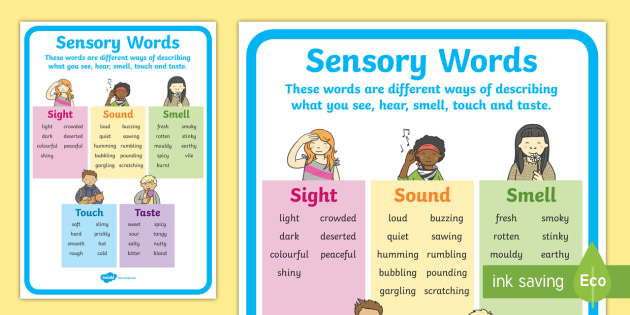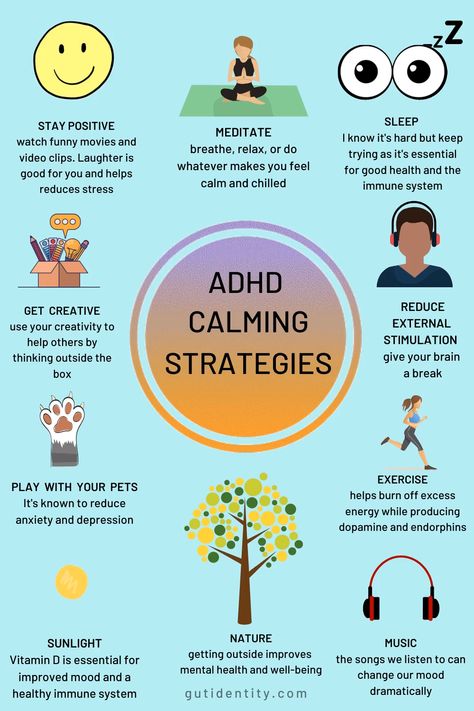Social skills help
10 Tips to Be More Social
Jump to section
What are social skills?
The benefits of having good social skills
How can I enhance my social skills?
Do I have trouble with social skills?
The bottom line
We all have moments where our social skills fail us. Perhaps your joke was greeted with awkward silence. Or, at a restaurant, you enthusiastically told the waiter that they, too, should enjoy their meal.
The odd mishap with friends is hardly cause for alarm. The embarrassment will soon transform into an inside joke, deeping your bond with others.
But, if you fumble too often, it can take a toll on your self-esteem and mental health. If you don't know how to improve your social skills, it can hold you back socially and at work. Some behaviors can come across as antisocial or even harmful to others, while simple shyness can read as aloof, standoffish, or arrogant. Knowing this might not put you at ease, but it can help you understand other people's reactions.
Now that companies are starting to pull teams together in person, many people are feeling some level of social anxiety. Just because it feels uncomfortable, not feeling confident in your ability to spend more than 5 minutes chatting with coworkers isn't an option. The good news? The past two years haven't helped anyone feel socially smooth. Many people are feeling awkward. The bad news? Many people are behaving awkwardly, and misunderstandings will happen.
You don’t have to change yourself. But you might have to change your approach, not just to appear more sociable but to avoid the most unnecessary points of friction that undermine your confidence. This will not only improve how others perceive you, but it can also benefit you in other ways.
If you’ve been feeling out of place, developing your social skills can help you feel more at home with your colleagues. It can also improve your confidence, sense of belonging, and ability to collaborate at work — all important skills that will affect your mental health, motivation, and ability to succeed.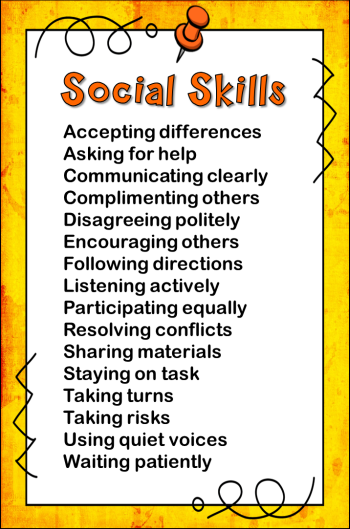
Training your social skills can be difficult. But we know you can do it.
Here’s how to improve social skills at work, with strangers, and in every other part of your life.
Social skills are the verbal and nonverbal communication skills required to foster connections and appropriately navigate social settings. Think about socializing a puppy: The more interaction it has with other puppies when it’s young, the better it knows how to act when it’s older. Humans are similar.
Most of the time, when people think of “social skills,” they think of their everyday interactions. It’s how they gain acceptance from their colleagues or peers and involves being comfortable when speaking to strangers, easily making friends, and earning the respect of your co-workers.
These things don’t always come naturally. Individuals with social anxiety, for example, might have trouble connecting with others. Introverts or shy people who like to keep to themselves may actively avoid social interactions — and appear rude as a result. Or, sometimes, we get uncomfortable around people we don’t know and lose some of our social confidence.
Or, sometimes, we get uncomfortable around people we don’t know and lose some of our social confidence.
No matter the case, it’s nice to have some basic principles to fall back on. Knowing how to develop your social skills will help you in the long run.
The benefits of having good social skills
So what’s in it for you? Well, a lot. Improving your social skills is essential for your social health and overall well-being.
In terms of mental health, people with strong social ties have lower rates of anxiety and depression. They also have higher self-esteem, greater empathy, and are more cooperative.
For your physical health, researchers knew as early as 1988 that lack of social connection is more harmful than obesity, smoking, and high blood pressure. And, more recently, they learned that isolation is associated with a 50% increased risk of dementia as you age.
Sharpening your social skills will also pay you back in the form of social capital.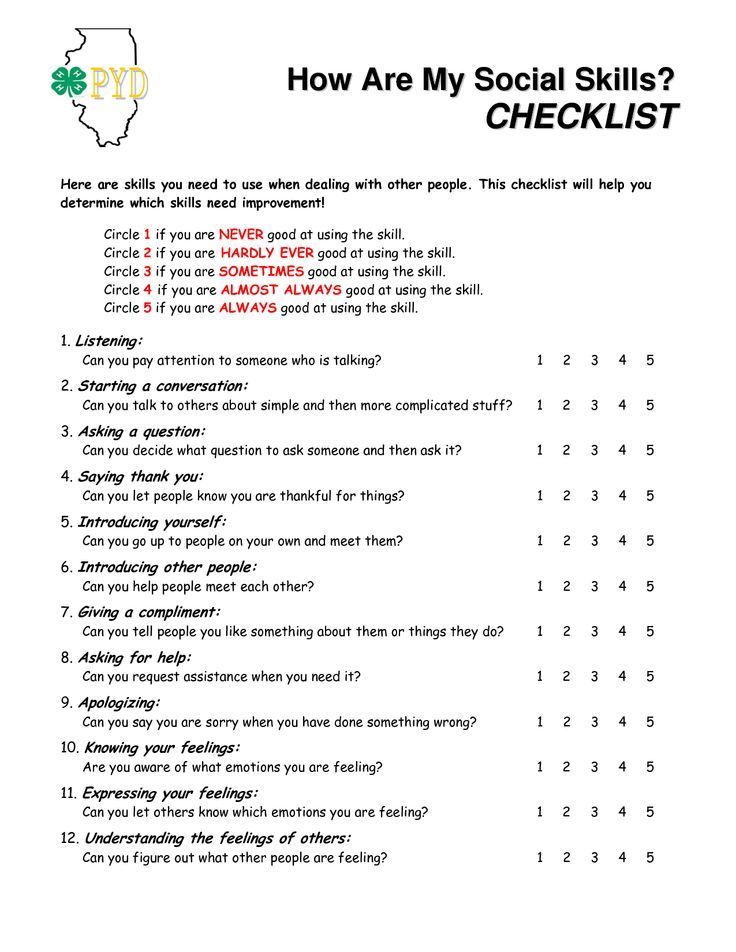 Entire university programs are devoted to studying this concept. But, to keep it simple, we can define social capital as the sum of all benefits from being part of a social group.
Entire university programs are devoted to studying this concept. But, to keep it simple, we can define social capital as the sum of all benefits from being part of a social group.
Social capital comes with its own list of benefits:
- People will like working with you. Social capital often translates to goodwill from your colleagues; if you’re easy to work with, people will be in your corner when you need it — like when you’re gunning for that next big promotion.
- When you ask for help, people provide it. What goes around comes around. If you’re kind and helpful to others, they’ll do the same for you.
- Others will understand your boundaries. Don’t want to go to a social event? It’ll be easier to refuse when people trust there are no hard feelings. When you use your social skills, you can help others see where you’re coming from and better communicate your feelings.
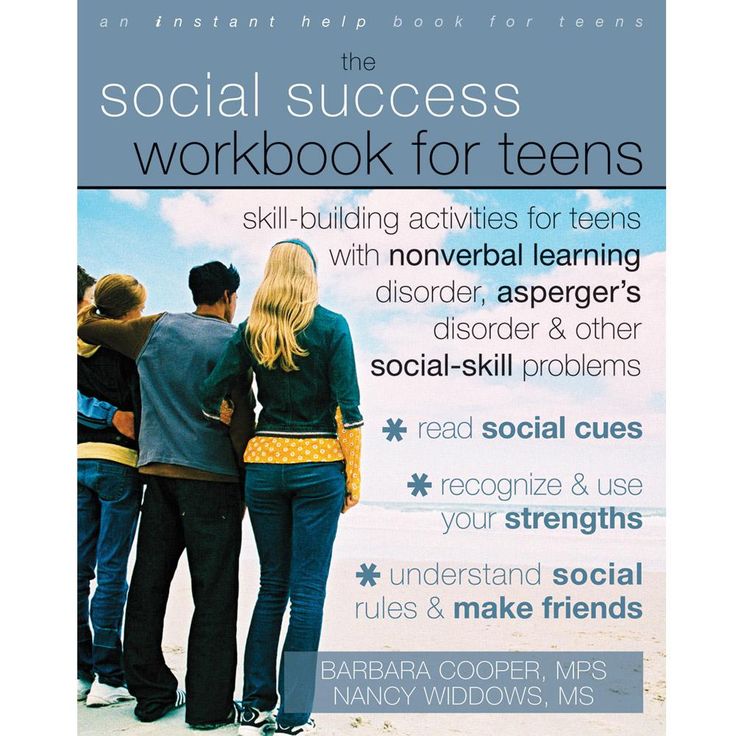
- Clients will love you. Whether you’re a freelancer, salesperson, or customer service rep, social skills are essential to winning and keeping clients. People like good work with a good attitude.
- You’ll nail your job interviews. Job interviews are about making great impressions. This is the perfect environment to flex your social skills. Use open body language, eye contact, and friendly facial expressions to impress your interviewers.
In today’s gig economy, social capital is critical. It can earn you a higher salary, win you more interesting projects, and may be the deciding factor in your next job application. Consider working with a BetterUp coach to improve this area of your career.
How can I enhance my social skills?
We’re glad you asked! You can definitely learn or improve your social life. Here are some general guidelines to get you started:
1. Improve your emotional intelligence
Put yourself in their shoes.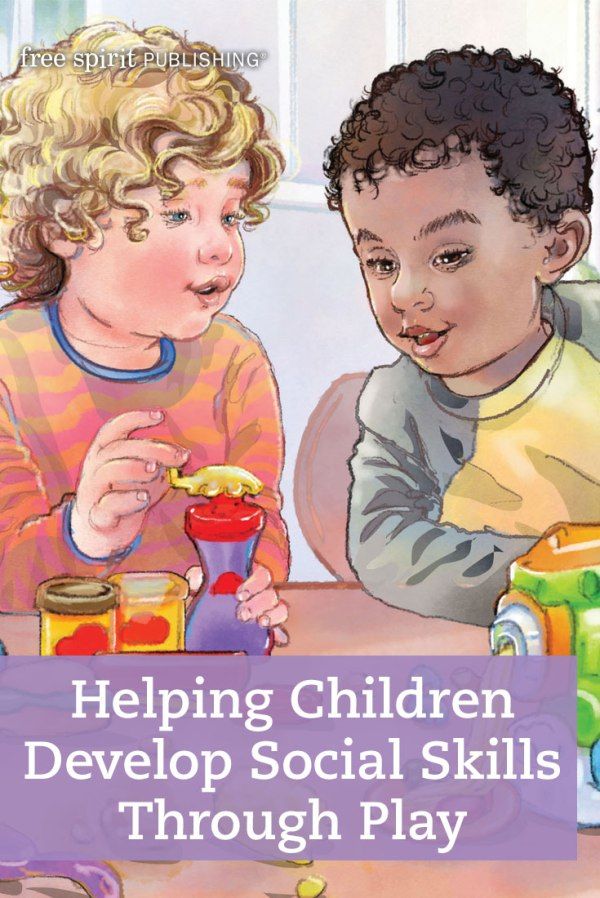 Imagine what they might be going through and try to understand their feelings. You’ll better understand their perspective, which will help you respond appropriately.
Imagine what they might be going through and try to understand their feelings. You’ll better understand their perspective, which will help you respond appropriately.
2. Look inwards
Pay attention to your emotions, thoughts, behaviors, and triggers. Then it will be easier to control them while interacting with others.
3. Practice effective communication skills
Use tactics like active listening and open body language to demonstrate attentiveness. This opens the door to more positive interactions.
4. Fake it ‘till you make it
Try acting like your more social peers, even if it’s just small talk. It will become easier every time you try it.
5. Ask more than you speak
You don’t have to worry about speaking up; ask open-ended questions and use active listening. People love talking about themselves.
6. Give compliments
Everyone likes a good compliment. Tell someone that they were great in that meeting, or their project was top-notch.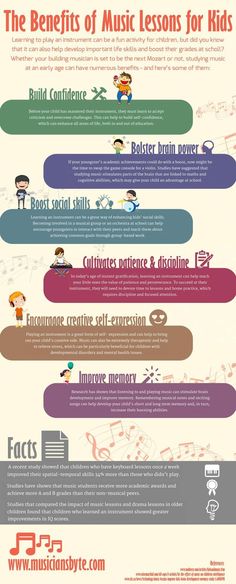 Be specific.
Be specific.
7. Be polite
Good manners go a long way. Words like “please” and “thank you” are small but powerful ways to soften requests.
8. Use open body language and non-verbal communication
Face the person with whom you’re speaking. Pay attention to your tone of voice. Make eye contact. Use your body language to show you’re present and paying attention.
9. Read the news
So many conversations revolve around current events; try to keep up so you can chime in.
10. Don’t let your thoughts get the best of you
It’s okay to feel a little anxious, but don’t let it get the best of you. You’re not your thoughts. Take a deep breath and try to let them go; this will help you relax in a social situation.
11. Start small
Start by spending time in a coffee shop or practicing your conversation skills with family members. Then you can ease into larger social settings. Before you know it, you'll be making new friends at your next social gathering.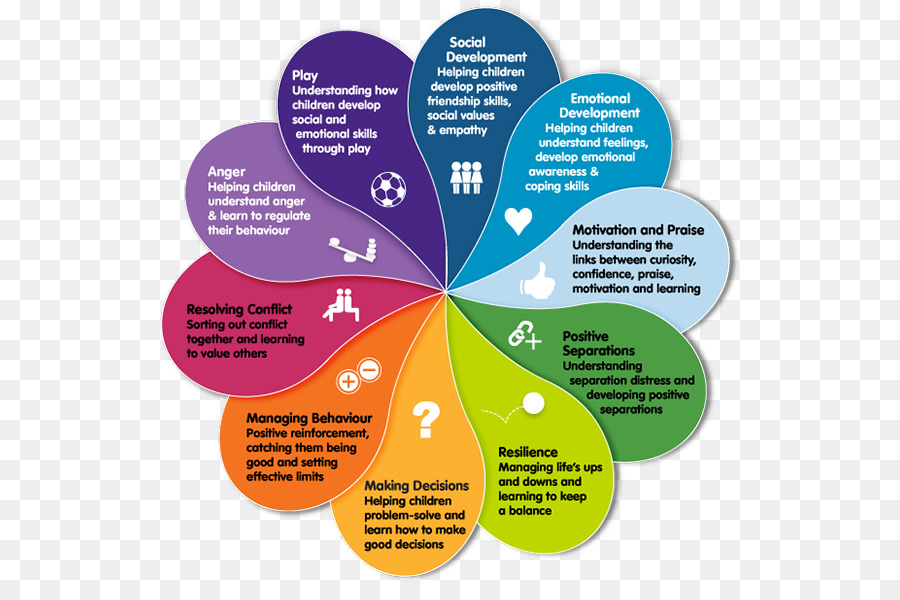
Do I have trouble with social skills?
A lot of people with anxiety or ADHD have a hard time connecting with others. Introverts or very shy people may also struggle.
Here are some signs that you don't have great social skills:
- You scroll on your phone while people talk to you. Smartphones are great at keeping us connected, but often to the detriment of those right in front of us. It puts a physical barrier between you and the other person at best. This communicates non-receptiveness to their words, and at worst, you seem bored, uninterested, and rude.
- You never take off your headphones. Sure, you might pause the music while someone talks to you. But they don’t know that. Take out your earbuds to show that you’re listening.
- You never do anything in person. These days, you can order just about anything to your door. But while this is wildly convenient, it cuts you off from the outside world.
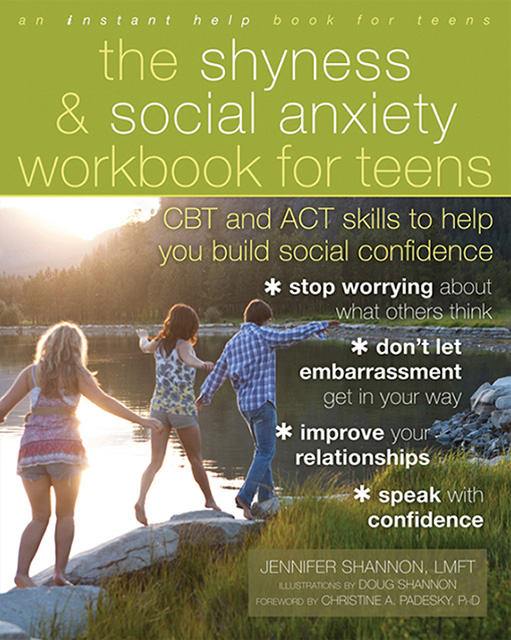 Don’t let yourself become socially isolated.
Don’t let yourself become socially isolated.
- You force humor when it might not be appropriate. You may want to defuse your anxiety with humor, but it’s not always the best time. Learn to read the room and only use jokes when it makes sense.
The bottom line
It’s normal to experience awkward moments. You might tell the theatre employee to enjoy a movie they’re not going to see or tell a joke that no one laughs at. It happens; cut yourself some slack.
But poor social skills go beyond the occasional blunder. At best, you seem aloof. At worst, outright rude. It’s good to evaluate your social skills and see which ones you can improve to be your best self.
That’s not to say that you can learn to overcome shyness or that you have to be a social butterfly. But it’s nice to know that when you want to strike up a conversation — whether inside or out of work — you’ll feel comfortable doing so.
If you need help, BetterUp is here.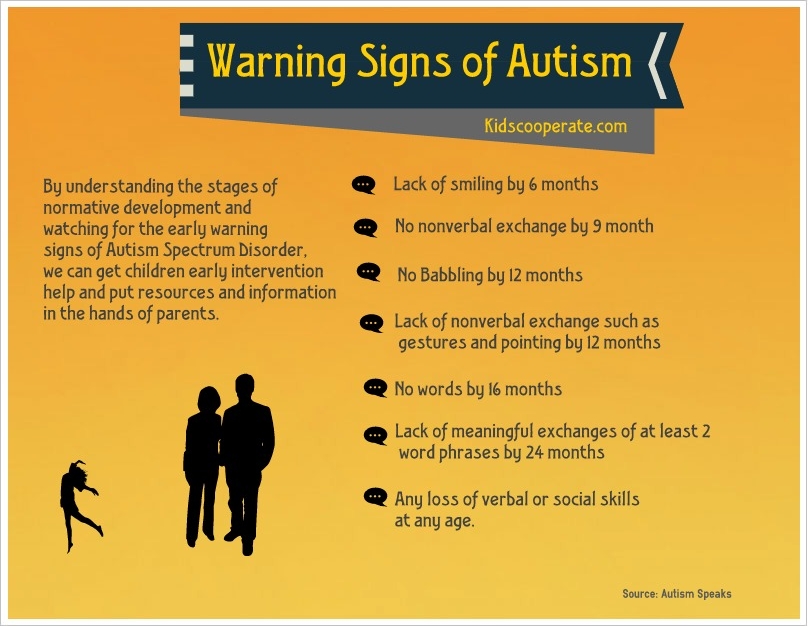 We’ll give you the tools you need to learn how to improve your social skills to ease your social discomfort or learn better communication skills. Whatever your best self needs, we can help you find.
We’ll give you the tools you need to learn how to improve your social skills to ease your social discomfort or learn better communication skills. Whatever your best self needs, we can help you find.
12 Ways To Improve Social Skills And Make You Sociable Anytime
Amy Morin, LCSW Posted on by Amy Morin
If you feel like you’re the awkward person at social events or you struggle to enter into conversations because you’re shy, it can impact your social life and your career. However, you can start improving your social skills by following these 12 strategies and soon, you’ll be able to enter into conversations with confidence.
1. Behave Like a Social Person
You can behave like a more social creature, even if you don’t feel like it. Don’t allow anxiety to hold you back. Make the decision to talk to new people and to enter into conversations even when you’re feeling nervous about it. Over time, it will get easier and you’ll quickly start improving your social skills.
Over time, it will get easier and you’ll quickly start improving your social skills.
If going to a party or spending time in a crowd seems overwhelming, start small. Go into the grocery store and say, “Thank you,” to the clerk or go to a restaurant and order your food. Practice making small talk gradually.
3. Ask Open-Ended QuestionsIf you want the attention off you in a conversation, get familiar with open-ended questions. Encourage others to talk so you won’t have to make the idle chit-chat. Ask questions that require more than a yes or no answer and you may open the door to invite the other person to keep the conversation going.
4. Encourage Others to Talk About ThemselvesMost people really enjoy talking about themselves. Ask a question about a person’s career, hobbies, or family. Show you’re interested in hearing what is being said.
5. Create Goals For YourselfEstablish some small goals for yourself. Perhaps you want to practice one particular skill or maybe you want to start attending a social activity in your community. Establish a goal and begin to work on strategies that will improve your social life.
Perhaps you want to practice one particular skill or maybe you want to start attending a social activity in your community. Establish a goal and begin to work on strategies that will improve your social life.
Compliments can be a great way to open the door to a conversation. Offer a co-worker a compliment on a presentation he gave at a meeting or compliment your neighbor on his new car. Compliments can show others that you are friendly.
7. Read Books About Social SkillsThere are many books on the market that can help you learn specific social skills and ways to start conversations. However, keep in mind that reading about these skills won’t make you an expert. You’ll need to practice them over and over again.
8. Practice Good MannersGood manners go a long way in improving social skills. Practice being polite, showing gratitude, and using good table manners.
9. Pay Attention to Your Body Language
Pay Attention to Your Body LanguageNon-verbal communication is very important. Pay attention to the type of body language you use. Try to appear relaxed, make appropriate amounts of eye contact, and appear open to conversation.
10. Join a Social Skills Support GroupMany communities offer social skill support groups. Support groups help people who feel shy, awkward, or extremely anxious in social situations learn and practice new skills. You’ll start improving social skills and may be able to make new friends who understand your difficulties.
11. Stay Up to Date on Current EventsRead up on current trends and news stories so you have something to talk about with people. Try to avoid anything that is too controversial, such as politics, but do talk about other news stories that may be of interest. It can be a great way to start a conversation and can help you stick to neutral subjects.
12. Identify and Replace Negative Thoughts
If you have a lot of negative thoughts about your social interactions, it could become a self-fulfilling prophecy.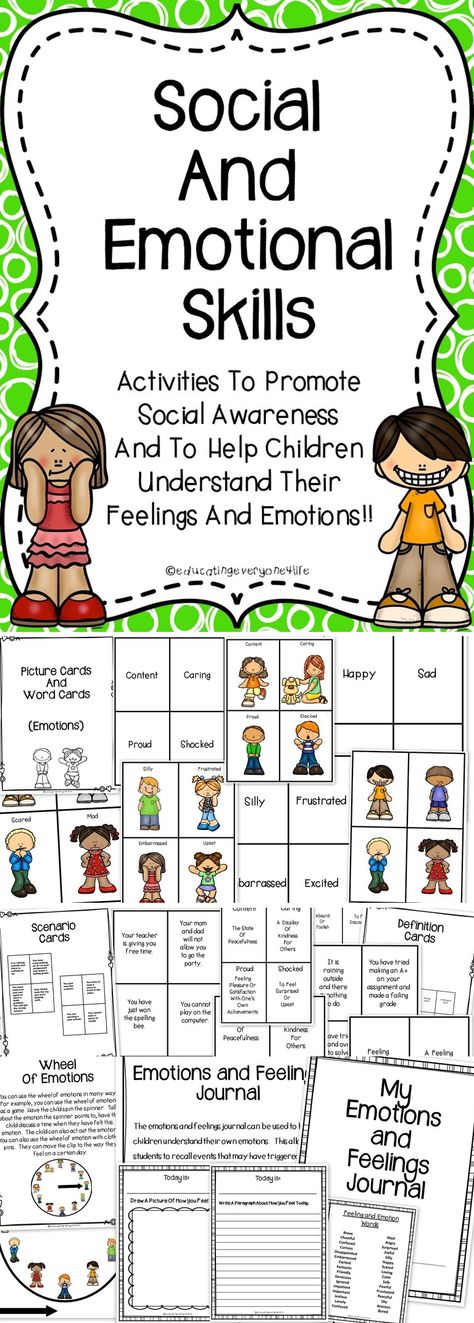 For example, a person who thinks, “I’m really awkward and I will embarrass myself,” may sit in the corner at a party. As a result, he may leave the party thinking that he must be really awkward because no one talked to him.
For example, a person who thinks, “I’m really awkward and I will embarrass myself,” may sit in the corner at a party. As a result, he may leave the party thinking that he must be really awkward because no one talked to him.
Identify negative thoughts that are likely dragging you down. Replace them with more realistic thoughts, such as, “I can make conversation and I can meet new people.” Don’t allow yourself to dwell on thoughts that aren’t productive.
Posted in Uncategorized permalink
5 important social skills | CVMarket.lv
Every day at work we come across a variety of people, and not only their positions, but also their characters are different - therefore, by the end of the working day, the winner is the one who finds a common language with everyone. Social skills help you maintain respectful and sustainable relationships with others, moreover: according to research, good social skills can help you get a long-awaited promotion and earn approval among colleagues.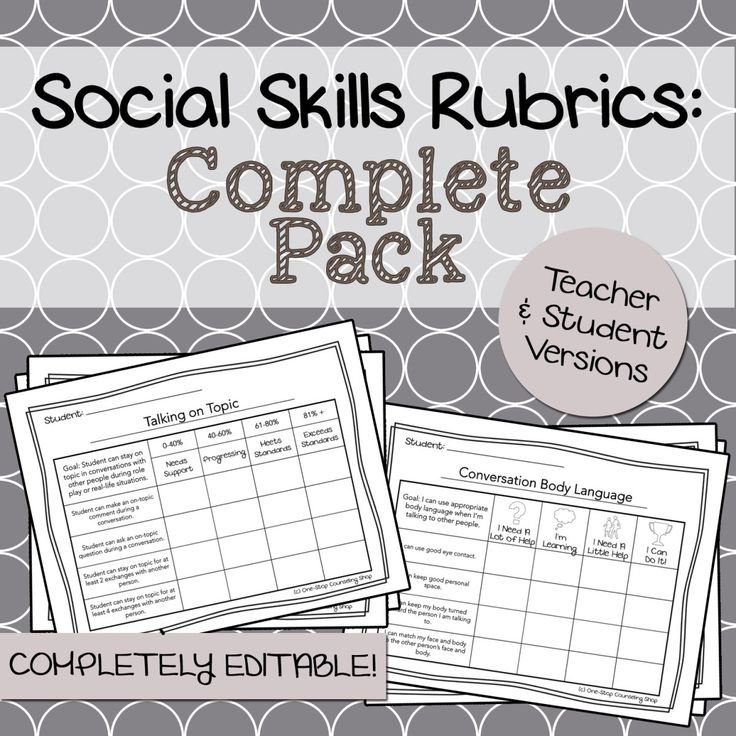 In this article, we will talk about the social skills that every employer values \u200b\u200band advise on how to develop them in yourself.
In this article, we will talk about the social skills that every employer values \u200b\u200band advise on how to develop them in yourself.
Empathy - the ability to understand another person's emotions
If you have empathy, you can put yourself in the other person's shoes and understand what they feel and think. Empathy is useful where it is necessary to reach an agreement, find a compromise or resolve a conflict situation: if you understand the motives of another person, it will be easier for you to find a solution that will satisfy both parties.
How to develop this skill:
- ✓ Be a good listener, try to listen to the "hidden" signals that the interlocutor gives with body language, gestures and intonation.
- ✓ Treat others as you would like to be treated.
- ✓ Before you criticize or condemn someone, try to imagine how you would behave in a similar situation.
Collaboration
Although each of your colleagues may have their own personal goals, your enterprise or team has a common goal - to help the enterprise make a profit.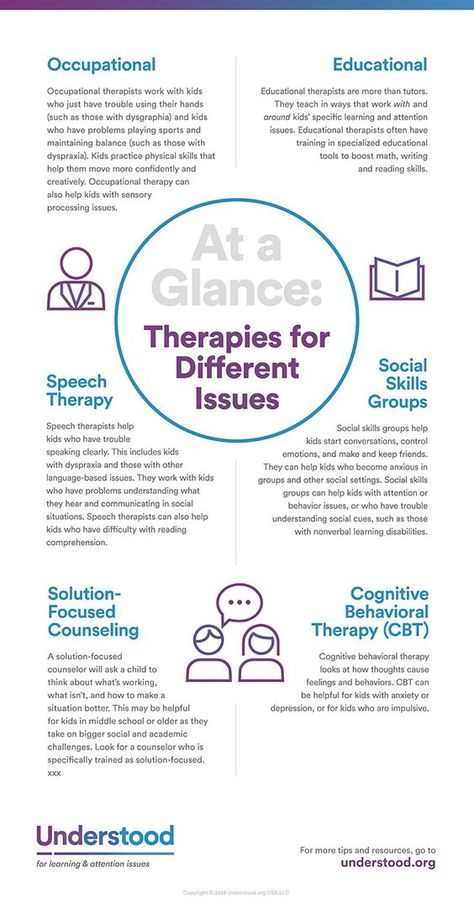 Without the support of workers, achieving this goal will be very difficult - if not impossible. Being collaborative means knowing when to ask colleagues for help or assign tasks to them, and how to work effectively in a team.
Without the support of workers, achieving this goal will be very difficult - if not impossible. Being collaborative means knowing when to ask colleagues for help or assign tasks to them, and how to work effectively in a team.
How to develop this skill:
- ✓ Take the time to get to know your coworkers. Difficulties in cooperation often arise when people do not know each other well, and because of this they do not want to ask for help. Maybe it's time to go to lunch together?
- ✓ Be receptive to the ideas of others and listen carefully to suggestions from colleagues. If you stick to a negative position in everything, others are unlikely to want to deal with you.
- ✓ If someone helped you, help them next time, too, as cooperation is largely based on mutual assistance.
The ability to speak clearly, both orally and in writing
Communication is an integral part of everyday life, and it is important to speak in a way that others understand you.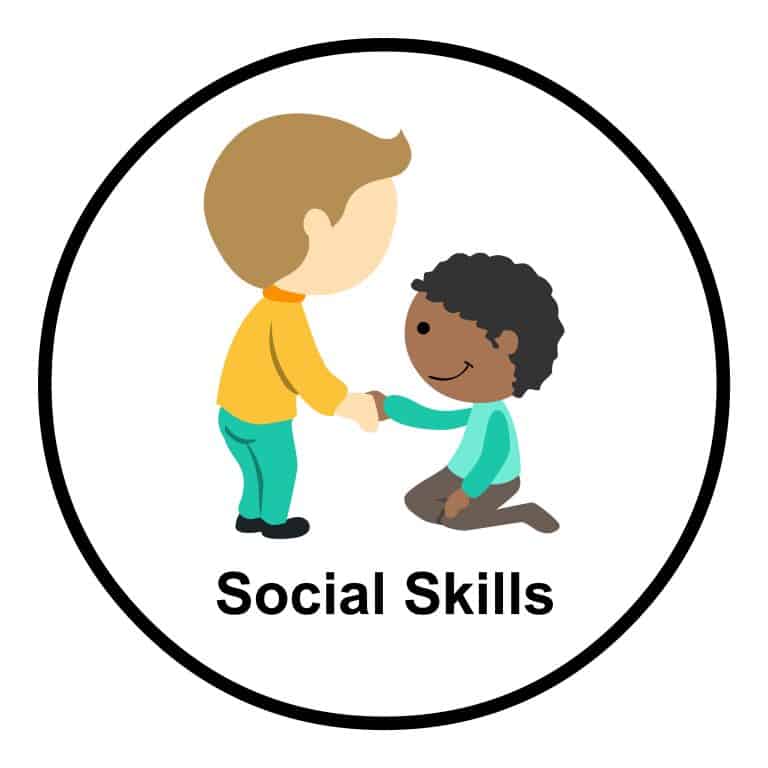 A significant part of misunderstandings and conflict situations arise precisely because of ineffective communication, when something is kept silent or is not spoken clearly enough. To avoid such situations, the best strategy is to be direct in your statements, taking into account due courtesy and respect for the interlocutor.
A significant part of misunderstandings and conflict situations arise precisely because of ineffective communication, when something is kept silent or is not spoken clearly enough. To avoid such situations, the best strategy is to be direct in your statements, taking into account due courtesy and respect for the interlocutor.
How to develop this skill:
- ✓ Avoid unnecessary words and try not to deviate from the main topic on which you want to speak.
- ✓ Try to speak as simply and clearly as possible so that everyone understands you. There is nothing wrong with knowing foreign words, terms and jargon, but the more you use them in your speech, the higher the likelihood that some of your listeners (or readers) will not fully understand your idea. will be able.
- ✓ If you must speak in front of an audience, maintain eye contact with the audience—and keep your tone of voice so that those who are far away from you do not have to guess what you are talking about.

Positive attitude
"Positive attitude" does not mean that you should not feel upset or dissatisfied. “Positive attitude” means that you avoid criticism, complaints and negativity even in unpleasant situations, and instead look for solutions, express your opinion constructively and without reproach. If you maintain a positive attitude, it will be easier for you to cope with stress, which, in turn, will make it easier to develop good relationships with colleagues.
How to develop this skill:
- ✓ Don't dwell on the negative. Remember that every profession has its own shortcomings and problems that you have to face - but this does not mean that they need to be given all your attention every time.
- ✓ Try to stick together with colleagues who, in your opinion, have a positive attitude: good begets good.
- ✓ If you make a mistake, or if something does not work out, do not scold yourself, do not attract gloomy thoughts.
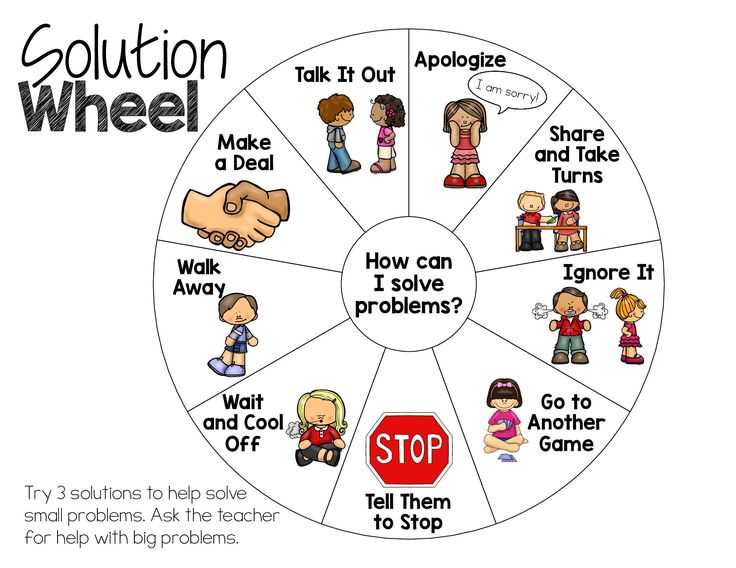 Instead, try to understand exactly where the mistake was made, and do not blame yourself for all the possible troubles.
Instead, try to understand exactly where the mistake was made, and do not blame yourself for all the possible troubles.
Showing respect
If you respect your colleagues, they respect you. The easiest way to show (and eventually earn) respect is to be polite, maintain good manners both at work and in mutual communication. A work environment in which colleagues respect each other contributes to increased employee satisfaction, and it is hard to disagree that working in such an environment is much more pleasant.
How to develop this skill:
- ✓ If someone has something to say, listen to them without interrupting.
- ✓ Treat all colleagues equally well and fairly, no matter if they are below or above you in the career ladder.
- ✓ Compliment a colleague when he or she does a good job.
The modern professional needs to develop a variety of skills. Find out what digital skills can be useful for you!
Atslēgvārdi: | career | successful career | tips | social skills | development
social skills exercises and programs - Powermind
social skills development
Having strong and meaningful relationships with many people is essential to a healthy and happy life.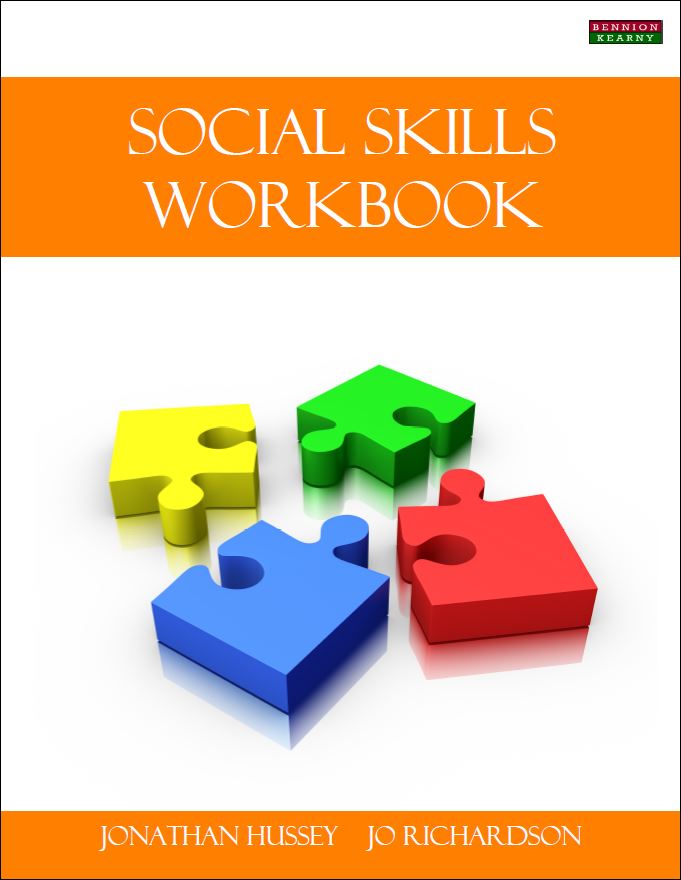 However, most people spend most of their time communicating through a computer screen.
However, most people spend most of their time communicating through a computer screen.
We send each other virtual messages instead of real interaction. This causes a lack of ability to connect with people in real life.
For the first time in history, we are in an epidemic of loneliness. Millions of people who have few, if any, friends feel lonely in a world where it has become so easy to connect with others. The development of social skills will help get rid of loneliness.
Social skills are the abilities that a person uses in communicating (verbal and non-verbal) and interacting with people.
The process of their development is called socialization. A person with undeveloped social skills is doomed to difficulties in communication.
Why you need to develop social skills
Developing social skills is necessary for:
building good relationships with people;
formation of communication skills;
improve the efficiency of life in all areas.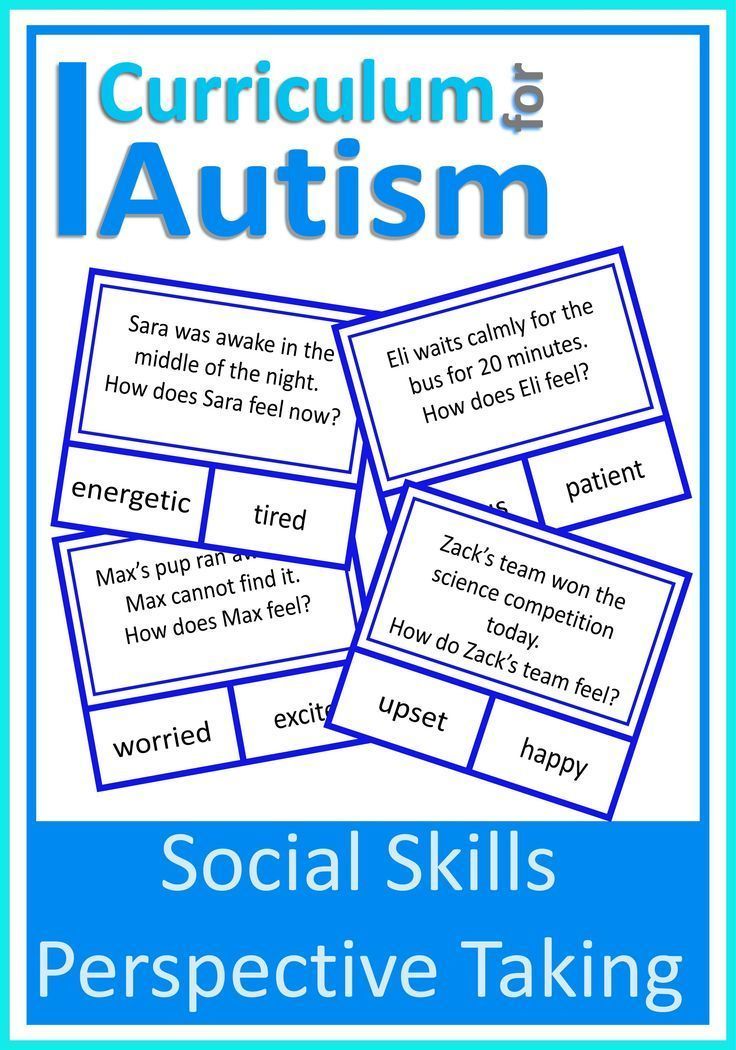 The ability to communicate properly helps to socially distance yourself from unpleasant people;
The ability to communicate properly helps to socially distance yourself from unpleasant people;
getting new career prospects. The highest paid positions are received by those who have developed the ability to negotiate, negotiate, and convince. Large companies are looking for employees who can work in a team and motivate others to achieve their goals;
increase the level of happiness. The ability to resolve conflicts helps to feel comfortable in any team.
Types of social skills
The following social skills are distinguished:
the ability to properly present oneself;
the ability to control voice and emotions;
the ability to conduct a conversation correctly;
the ability to present oneself in a team;
the ability to adequately respond to criticism;
the ability to accept compliments in your address.
7 obstacles
The development of social skills slows down against the background of:
emotional instability and irascibility. An easily irritated person is not able to hear an interlocutor who has an antagonistic position. He is categorical and tends to jump to conclusions. Developed social skills help to normalize emotional balance and learn to control oneself;
An easily irritated person is not able to hear an interlocutor who has an antagonistic position. He is categorical and tends to jump to conclusions. Developed social skills help to normalize emotional balance and learn to control oneself;
excessive credulity. A person who does not know how to analyze information and work out situations often shows frivolity. The formation of socio-communicative skills simultaneously develops the principles of verification, demarcation of scientific knowledge and falsifiability;
conformity. A conformist is a person who is unable to make decisions independently and does not have his own position. Such a person is easily influenced by others and acts on the basis of someone else's point of view, mistakenly taking it for his own. Developing social skills helps a person stop looking for shortcuts. Gradually, one's own position is developed: special training helps a person understand what he wants and start walking along the chosen path. In this case, nonconformism may develop, but this is not necessary;
victimization. A person who is in the position of a victim is characterized by the inability to think and act rationally. The desire to develop social and communication skills leads to the formation of emotional intelligence. A person who has outgrown victimhood becomes the master of his life;
A person who is in the position of a victim is characterized by the inability to think and act rationally. The desire to develop social and communication skills leads to the formation of emotional intelligence. A person who has outgrown victimhood becomes the master of his life;
arrogance. A person suffering from arrogance unreasonably considers other people worse than himself, and neglects their interests. The presence of social and communication skills helps to get rid of the feeling of imaginary superiority and develop communication skills;
ins. Their presence blocks even the most timid thoughts about action. As a result, a person does not do anything to realize their desires. Developing social skills helps you learn to take responsibility, admit and correct your mistakes, and get the most out of them;
weaning energy. This is a derivative of pride and selfishness. Egoman (whether he wants it or not), teasing interlocutors, allowing causticity in communication, unwittingly takes energy from them. When another person sees that energy is being taken away from him, it becomes unpleasant for him to communicate with the egoman.
When another person sees that energy is being taken away from him, it becomes unpleasant for him to communicate with the egoman.
How to develop social skills
To develop social skills you need to:
learn to love people. First you need to learn to understand them and see something good in every person. A person who treats other people well, not out of compulsion, but from the heart, receives sympathy in return. Here the principle works: “you like me because I like you”. You should not put on a mask and try to hide your true attitude behind it: it does not work. People always feel related to themselves;
get rid of pride. Developed social skills help to be directed during the dialogue to return energy. You should learn to hear the interlocutor;
learn to be yourself (but at the same time try to give, not take). In the process of communication there should be no masks and standards of behavior. There should be no dependence on someone else's opinion, and the desire to appear better;
stay positive. You need to learn how to build your life so that there is no discomfort. This means that you need to be able to develop a certain attitude towards your mistakes;
You need to learn how to build your life so that there is no discomfort. This means that you need to be able to develop a certain attitude towards your mistakes;
increase emotional intelligence. Developed social skills help you learn to fully control your emotions. Don't let negative and destructive emotions catch you off guard;
try to communicate with successful people. The modeling process in this case occurs “on the machine”. Knowing about the skills and abilities of those who were able to succeed will help to subconsciously adopt the appropriate personal qualities. Over time, this will be expressed in how a person communicates with other people. It is also recommended to resort to conscious modeling, which includes a rigorous analysis of the behavior of successful individuals. At the same time, it is desirable to avoid imitation.
The acquired knowledge must be applied in practice: that is, to communicate directly with a variety of people. Having gained real experience of interacting with others, you can master social skills and develop a new model of behavior.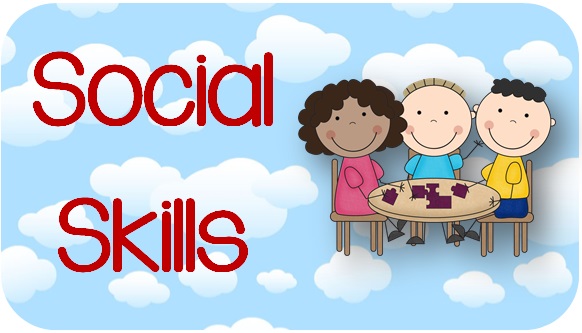
To do this, it is recommended to go out more often, attend mass events and lead an active social life. It is necessary to have different role models in front of your eyes and systematically receive feedback.
Sometimes missing social skills indicate a lack of self-confidence. Constant nervousness and internal stiffness forces a person to behave very stiffly.
Special techniques and games help to relax: as a result, a person becomes more charming and witty, it becomes easier for him to maintain a conversation and find the right words when communicating.
Having noticed insecurities behind you, you should first of all tackle it: it is because of it that social and communication skills suffer, and most of the problems in life appear.
Social skills are formed gradually. To speed up the process, you can use one proven method.
Self-confidence hypnosis
Powermind hypnosis reveals deep-seated attitudes that do not allow you to feel your own strength.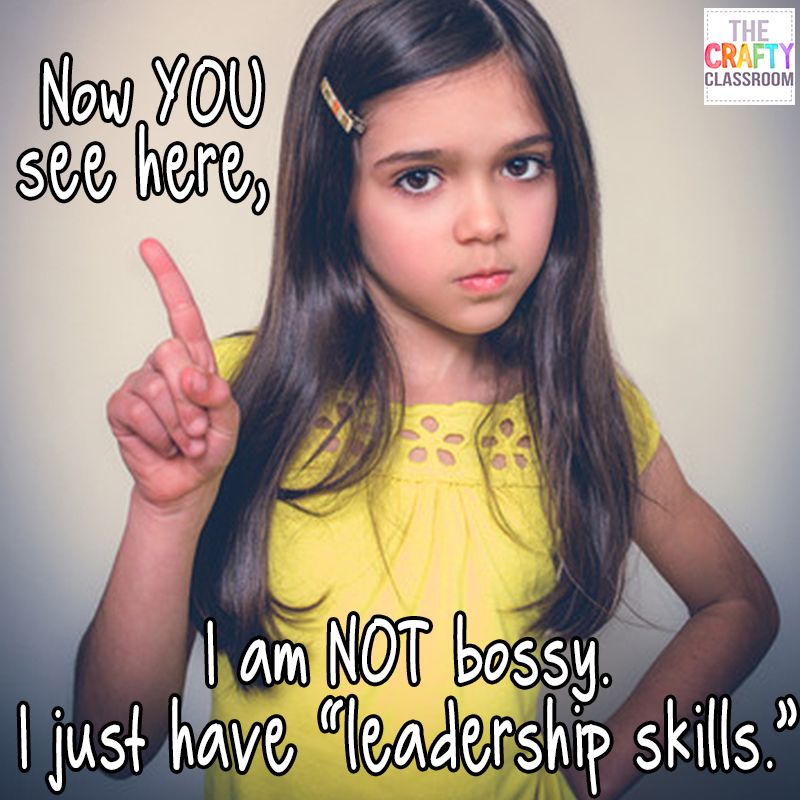 It also helps to understand under what circumstances and when their integration into the psyche occurred.
It also helps to understand under what circumstances and when their integration into the psyche occurred.
After several sessions of hypnosis, the client understands how relevant the received attitudes are, conducts a kind of revision in the soul and gets rid of everything unnecessary. The vacated place is replaced by those attitudes that he considers important and correct.
The main ways of working with the subconscious:
work with a hypnotherapist;
listening to special soundtracks;
autotraining.
Listening to tracks, a person becomes as receptive as possible. At this moment, the ability to receive new information and conduct a deep analysis of one's own feelings is revealed. The result is the overcoming of protective barriers built by the psyche over a long period of time.
Self-hypnosis also has an effect on the body: during the session, relaxation of the skeletal muscles is observed. There are no reactions to external stimuli.
The person seems to live through the traumatic events that led to the emergence of protective barriers.